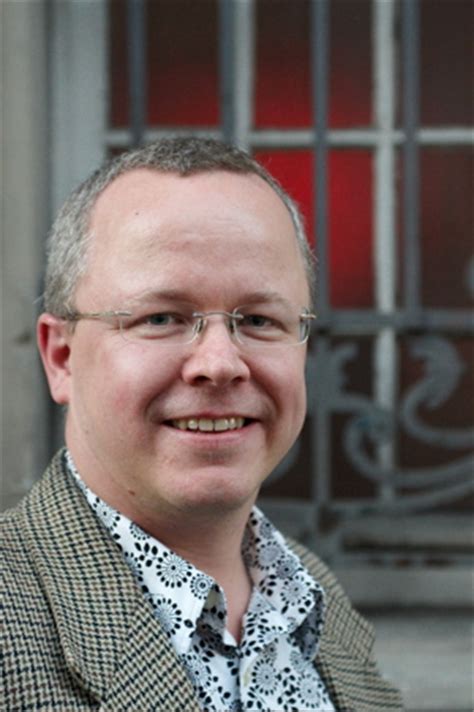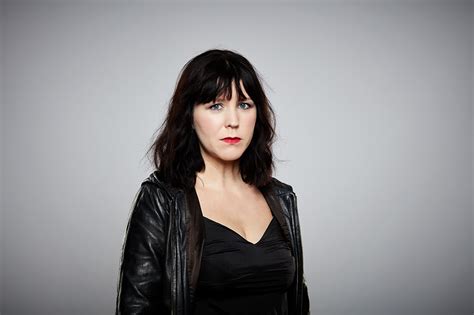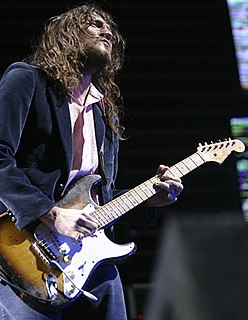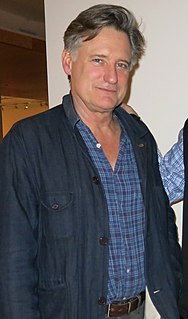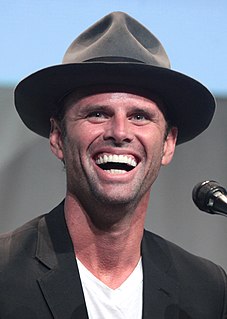A Quote by Steve Allen
It often seems that, for whatever strange reasons, comedians, in addition to their formal performances, have more comic experiences in real life than other people do.
Related Quotes
Our behaviour as an athlete is often determined by our previous experiences and how we dealt with those experiences. It is these experiences from past performances that can often shape what will happen in the future. It is for this reason that you learn and move on to be more mentally stronger as both an athlete and as a human!
What I strive to do is make my characters seem like real people so that the reader experiences them as people - that's something I've been working on all of my life. I couldn't have written this novel at twenty or thirty, for technical reasons - I didn't have the technique then - but above all because I didn't have the life experiences I have now at sixty-seven.
I can also be very happy in this life, but it's usually happiness that I get from other lives I've lived and other dimensions. This life is hardly important to me. It's very small compared to the importance that I think the fourth and fifth dimension have. Those places are much more real to me, like when you have a dream and it's more real to you than real life. Compared to where I'll be going, this life seems like a dream that just feels like a dream.
To get a person's real opinion, ask what she thinks everyone else believes... If people truly hold a particular belief, they are more likely to think that others agree or have had similar experiences. [People] tend to assume that other people have had life histories at least somewhat similar to their own. When we talk about other people, we are often talking about ourselves, whether we know it ourselves.
It is curious to note that when for reasons of conscience, people refuse to kill, they are often exempted from active military duty. But there are no exemptions for people who, for reasons of conscience, refuse to financially support the bureaucracy that actually does the killing. Apparently, the state takes money more seriously than life.
For most problems found in mathematics textbooks, mathematical reasoning is quite useful. But how often do people find textbook problems in real life? At work or in daily life, factors other than strict reasoning are often more important. Sometimes intuition and instinct provide better guides; sometimes computer simulations are more convenient or more reliable; sometimes rules of thumb or back-of-the-envelope estimates are all that is needed.
Literature presents you with alternate mappings of the human experience. You see that the experiences of other people and other cultures are as rich, coherent, and troubled as your own experiences. They are as beset with suffering as yours. Literature is a kind of legitimate voyeurism through the keyhole of language where you really come to know other people's lives--their anguish, their loves, their passions. Often you discover that once you dive into those lives and get below the surface, the veneer, there is a real closeness.
I came upon whatever I'm doing organically. I didn't study anything. I don't have any real aspirations other than to connect with somebody, and to have the conversation be genuine. That's the best that can happen. Even if it only happens for 10 minutes in an episode. But I think what people forget is that you don't have to try to get a comedian to be funny. Comedians are innately funny. That the real challenge of talking to them is to get them talking about real things and then see where they need to be funny. And let them do that on their own volition.

